Boost your fundraising efforts with DocHub's customizable Non profit tax Donation Forms templates. Create a lasting effect on contributors with professional and customized donation forms.


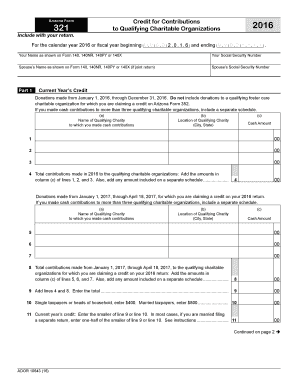
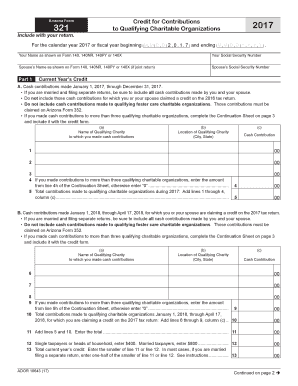
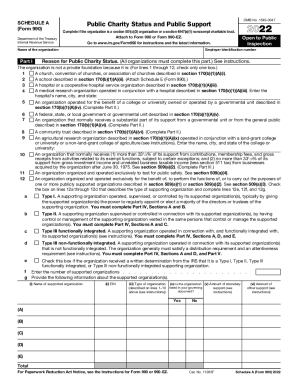
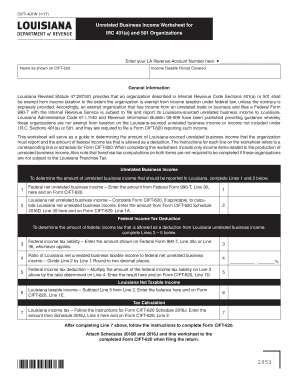
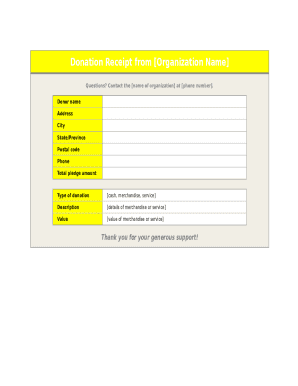
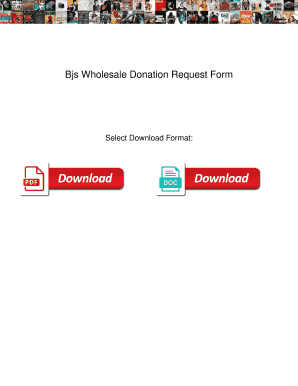


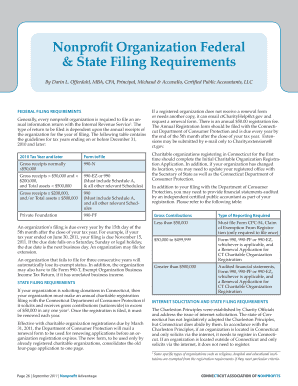




Boost your file operations with our Non profit tax Donation Forms category with ready-made form templates that meet your requirements. Get the document template, edit it, fill it, and share it with your contributors without breaking a sweat. Start working more effectively with the documents.
How to use our Non profit tax Donation Forms:
Examine all the possibilities for your online document management using our Non profit tax Donation Forms. Get a free free DocHub profile today!